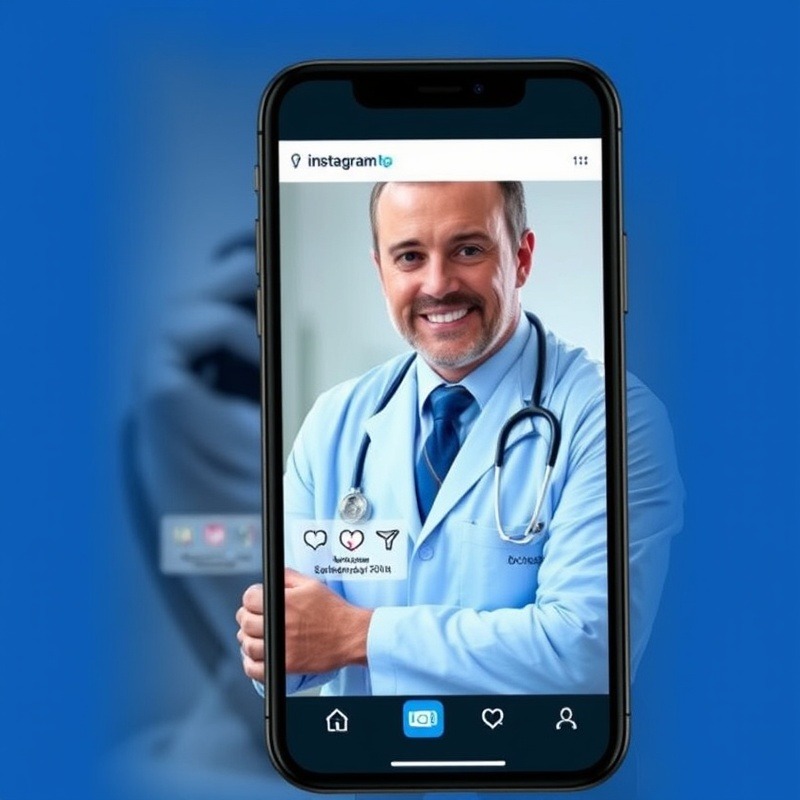In today's digital age, maintaining a strong online presence is essential for medical practices seeking to connect with patients and foster meaningful relationships. Social media platforms offer valuable opportunities for engagement, allowing medical practitioners to interact with patients, share valuable information, and build trust. In this article, we'll explore the importance of online presence for medical practices, the significance of patient engagement in the digital age, the benefits of utilizing social media, and practical strategies for developing a successful social media strategy to maximize patient engagement.

The importance of online presence for medical practices
In an increasingly digital world, patients turn to the internet to research medical information, seek healthcare providers, and make informed decisions about their health. A robust online presence enables medical practices to reach a wider audience, establish credibility, and remain accessible to patients at all times. From maintaining an informative website to actively engaging on social media platforms, cultivating an online presence is crucial for staying relevant and competitive in today's healthcare landscape.

Understanding patient engagement in the digital age
Patient engagement goes beyond simply attracting followers or website visitors—it involves fostering meaningful interactions and building relationships with patients. In the digital age, patient engagement extends to social media platforms, where patients seek information, share experiences, and interact with healthcare providers. By actively engaging with patients on social media, medical practices can enhance patient satisfaction, increase loyalty, and improve overall patient outcomes.

Benefits of social media for medical practices
Social media offers a multitude of benefits for medical practices, including increased visibility, enhanced communication, and improved patient education. By leveraging social media platforms, medical practices can reach a larger audience, share valuable health information, and establish themselves as trusted sources of medical expertise. Additionally, social media allows for real-time communication with patients, enabling medical practitioners to address questions, concerns, and feedback promptly.

Developing a social media strategy for your medical practice
To maximize patient engagement on social media, medical practices should develop a comprehensive social media strategy. This involves defining goals, identifying target audiences, selecting appropriate platforms, and creating a content calendar. By establishing clear objectives and guidelines, medical practices can ensure consistency, relevance, and effectiveness in their social media efforts.

Tips for creating engaging medical content on social media
Creating engaging medical content requires a thoughtful approach that resonates with your audience and adds value to their lives. Consider incorporating a mix of educational posts, patient testimonials, behind-the-scenes glimpses, and interactive elements such as polls or Q&A sessions. Additionally, utilize visuals, including images and videos, to enhance the appeal of your content and increase engagement.
Social media has emerged as a powerful tool for medical practices to maximize patient engagement and foster meaningful relationships. By understanding the importance of online presence, embracing patient engagement in the digital age, leveraging the benefits of social media, developing a comprehensive social media strategy, and creating engaging medical content, medical practices can effectively connect with patients, enhance patient satisfaction, and achieve their marketing objectives in the digital realm.
 Add Row
Add Row  Add
Add 




Write A Comment